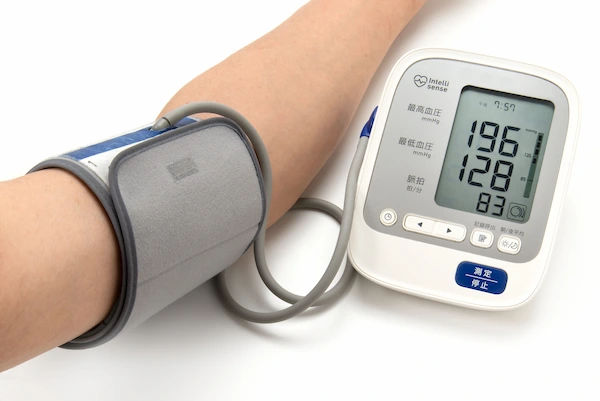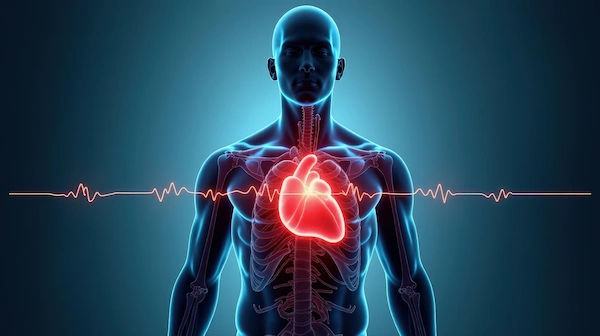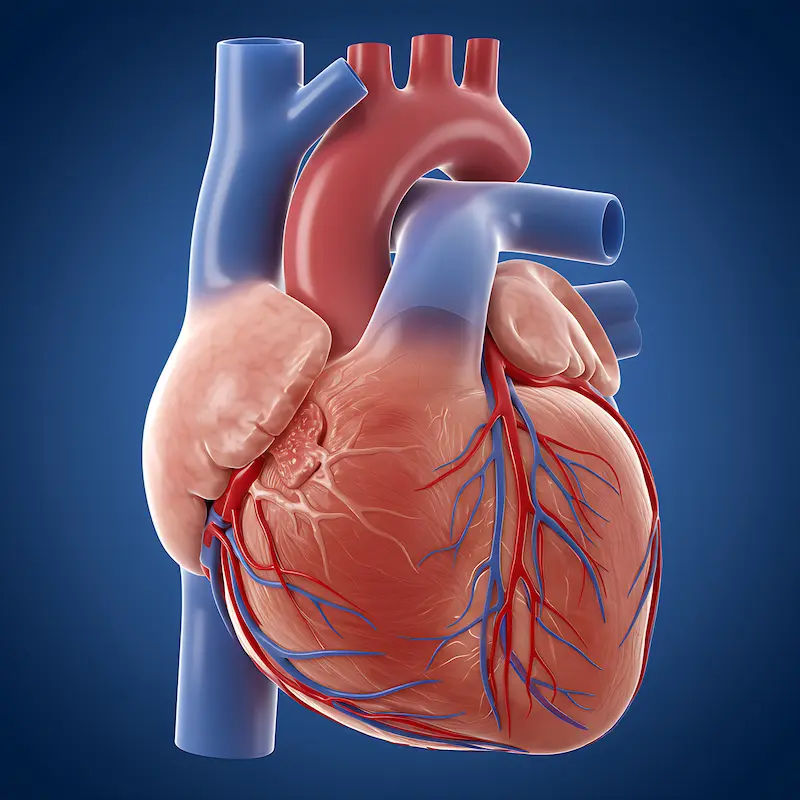- Male
- 36 Years
- 22/01/2025
I've recently had a TMT test done last month, and while I was on the treadmill, I started feeling really breathless and dizzy. It was kind of scary, but the doctor said the results were normal. I've got the TMT result attached. Is it common to feel like that even if the results come out okay, or should I be worried about something else?
More Cardiology Health Queries
View allMy mom keeps mentioning that she's experiencing chest and back pain off and on. I'm getting a bit worried about what might be causing this. Could there be any specific reasons for these symptoms that we should look into?
Chest pain and back pain can be caused by a variety of reasons. Some common causes include musculoskeletal issues, such as muscle strain or inflammation. However, more serious conditions like heart problems (such as angina or a heart attack), lung issues (such as pneumonia or a pulmonary embolism), or gastrointestinal problems (such as acid reflux or gallbladder issues) could also be the cause. It is important to consult a doctor for proper evaluation and diagnosis.
Answered by 1 Apollo Doctors
I recently got a TMT and got the results which have left me a bit confused and concerned. The report mentions that my resting ECG is normal, and my functional capacity and heart rate response during exercise are both listed as 'appropriate'. My blood pressure response seemed to be okay too, as it says 'normal resting BP' and 'appropriate response'. I didnt experience any chest pain or arrhythmia, and there were no ST changes. However, the overall impression is marked as a 'normal stress test' but concludes with 'positive for reversible ischemia'. Should I be worried about this reversible ischemia part? What does it mean, and what should my next steps be?
Based on the findings of your TMT (Treadmill Stress Test), it appears that your overall impression is normal, but the conclusion mentions a positive result for reversible ischemia. To treat reversible ischemia, you can consider taking antiplatelet medications like Aspirin 75mg once daily, along with a statin like Atorvastatin 20mg once daily to lower cholesterol levels and reduce the risk of further ischemic events. Additionally, a medication like Metoprolol 25mg twice daily can be prescribed to help manage any underlying cardiovascular conditions. It is important to follow up with your healthcare provider for further evaluation and management.
Answered by 1 Apollo Doctors
How is heart affected in diabetes?
With time, raised blood sugar levels can damage the blood vessels and nerves that control the heart. Additionally, people with diabetes are also more likely to have other conditions that raise the risk for heart disease such as high blood pressure and deranged cholesterol or triglyceride levels.
Answered by 1 Apollo Doctors
Disclaimer: Answers on Apollo 247 are not intended to replace your doctor advice. Always seek help of a professional doctor in case of an medical emergency or ailment.

.webp)



